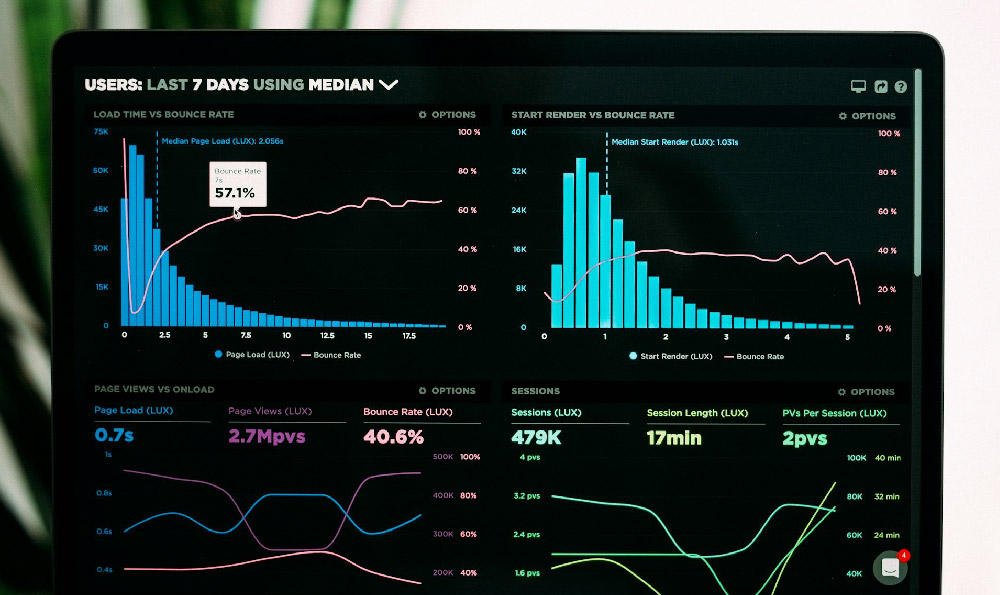Tips for Making Money in Sims Freeplay
Achieving financial success within the virtual realm of Sims Freeplay requires a nuanced understanding of its economic frameworks, strategic insight into resource allocation, and a disciplined approach to balancing short-term gains with long-term sustainability. While the game itself is a simulation of daily life, its in-game currency, Simoleons, can be leveraged to enhance player prosperity through careful planning and awareness of potential pitfalls. To navigate this digital economy effectively, consider the following principles that extend beyond basic gameplay mechanics and align with the goals of optimizing virtual wealth.
The foundation of profit in Sims Freeplay lies in mastering the interconnected systems that govern virtual resources. Players must recognize that Simoleons are not merely a reward for in-game activities but a medium through which expanded opportunities for wealth creation emerge. For instance, constructing and maintaining high-yield buildings such as the Grand Hotel or the highest-rated businesses in the game is critical. These structures generate consistent income, but their effectiveness depends on optimizing production chains and ensuring that all supporting infrastructure, such as water, electricity, and road upgrades, is sufficiently developed to maximize efficiency. Neglecting even minor resource constraints, like insufficient water supply for a large-scale coffee shop, can lead to significant losses in profitability.
A key element of generating substantial returns involves leveraging the game’s financial mechanisms through calculated investments. Players can invest Simoleons in virtual assets such as land, commercial properties, and influential characters to cultivate long-term value. For example, purchasing a plot of land that includes a parcel with high growth potential and strategically building on it can yield exponential returns over time. However, it is essential to approach these investments with caution, ensuring that the ROI justifies the initial outlay and that players do not overcommit to high-cost ventures without a clear understanding of their profitability metrics. This requires a methodical evaluation of each project’s viability, factoring in both immediate cash flow and future expansion possibilities.

Avoiding common traps within the game’s virtual economy is equally vital. One prevalent risk is overexposure to high-risk, high-reward activities such as betting on Sim events or investing in unproven virtual technologies. While these can offer quick profits, they often come with unpredictable outcomes and the potential for significant financial setbacks. Players should diversify their strategies, allocating only a portion of their resources to such ventures while focusing on stable, recurring income streams. Another danger lies in the temptation to speed through early-game phases by sacrificing long-term value for short-term gains. This approach may lead to a lack of sustainable growth, as foundational upgrades that seem costly at first can create cascading benefits later on.
Staying ahead of market trends within the game requires awareness of its dynamic economic cycles. When a new expansion or game update introduces additional in-game elements, the demand for virtual goods and services often fluctuates. For example, the release of a new community lot may temporarily increase the value of existing land, creating a window for strategic purchases. Conversely, the introduction of cheaper alternatives to previously valuable resources can devalue existing investments. Monitoring these shifts through active engagement with the game’s community and tracking resource availability can help players adapt their strategies to capitalize on emerging opportunities.
Risk management in Sims Freeplay is best approached by establishing a structured framework for resource allocation and financial planning. Players should set clear budget limits for each in-game project to prevent excessive spending that could lead to a financial downturn. It is also crucial to maintain an emergency fund of virtual currency to cover unexpected expenses or declines in value. Additionally, diversifying income sources by balancing income from multiple sectors—such as real estate, entertainment, and commerce—can reduce dependency on a single asset or activity, thereby minimizing the impact of any individual failure. This strategy is reminiscent of real-world financial diversification, where spreading investments across different assets mitigates risk.
Players must also be vigilant against deceptive practices that may compromise their virtual assets. This includes being cautious of third-party scams that promise rapid growth or guaranteed profits in exchange for in-game currency. Fully understanding the game’s economy and making decisions based on informed analysis rather than blindly trusting external claims is essential. Similarly, avoiding the trap of overestimating the value of in-game items or overpaying for them during promotional periods is crucial. For instance, some items may climb in value after an update, but purchasing them at peak prices without considering future market trends could lead to costly mistakes.
A forward-thinking approach to profit in Sims Freeplay requires patience and long-term vision. While quick wins are tempting, sustainable growth often comes from gradual, well-planned investments. For example, prioritizing the development of an expanded neighborhood rather than focusing solely on individual property gains can lead to greater overall profitability. This involves understanding the interplay between local and global economic factors within the game, such as the impact of major events on virtual trade and the effects of game updates on resource scarcity.
Ultimately, the principles of profit in Sims Freeplay are not unlike those in real-world finance, albeit on a smaller scale. By combining strategic resource management, disciplined risk assessment, and awareness of market dynamics, players can create a thriving virtual economy. The key is to treat the game as a laboratory for financial experimentation, where each decision serves as a lesson in balancing ambition with prudence. As players refine their approach, they will not only enhance their in-game prosperity but also develop a deeper understanding of financial principles that can be applied to real-world scenarios.














